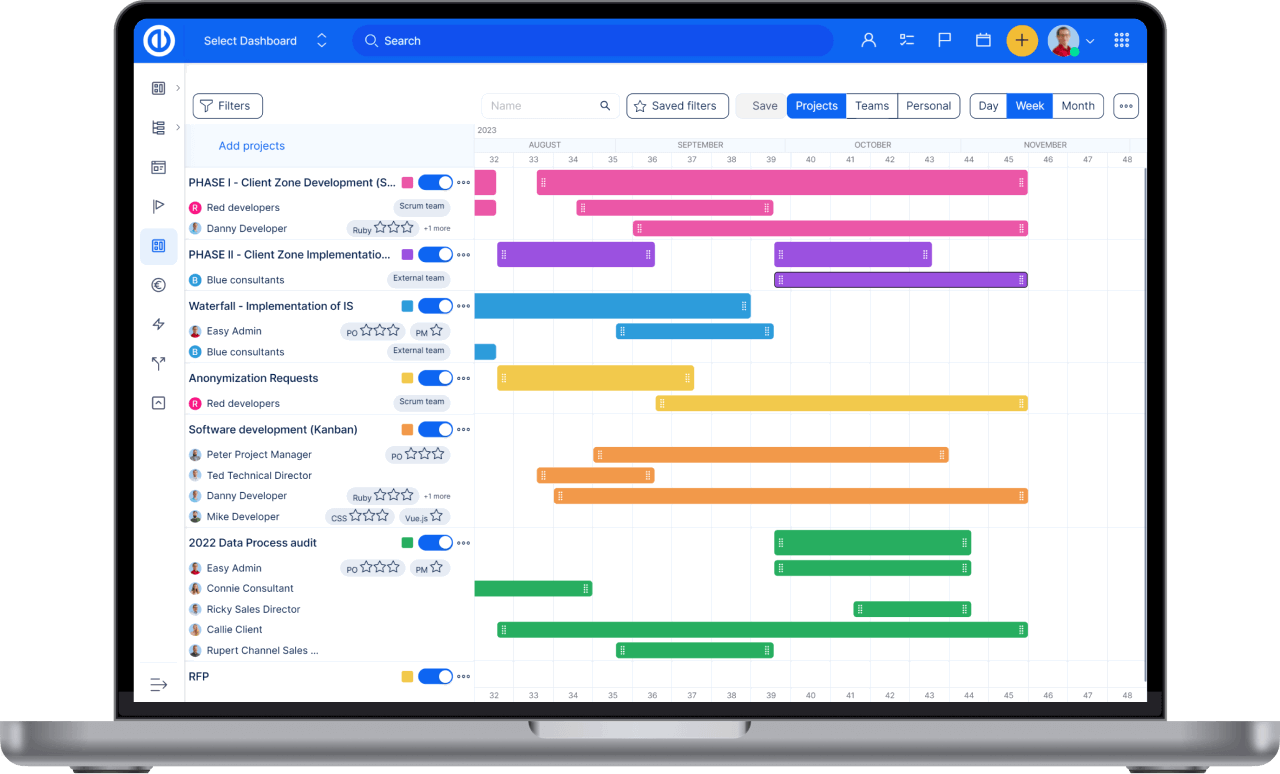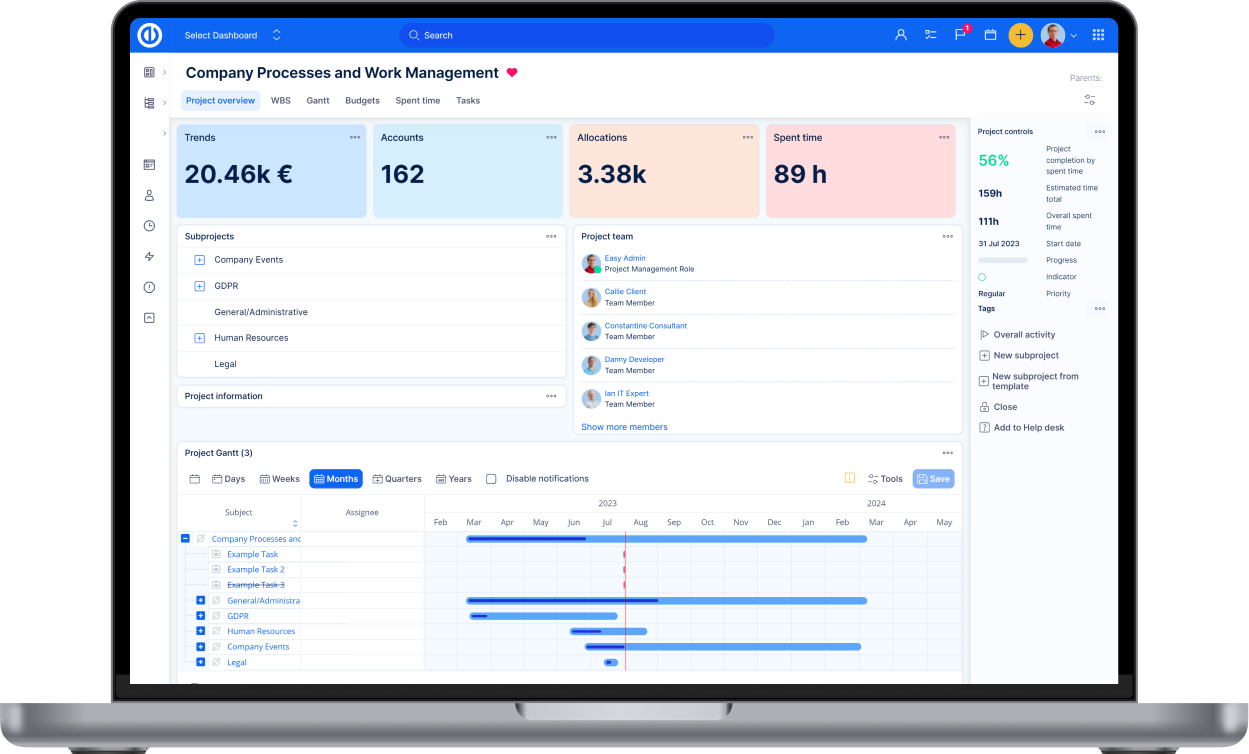BitBucket vs GitLab: השוואה מקיפה
בתחום פלטפורמות אחסון קוד, BitBucket הוא אפשרות נפוצה. האם יש חלופות לו? היום, בואו נשווה את BitBucket עם מאגר ה-git הפתוח המותאם לארגונים Gitlab.

These tools offer extensive functionalities for code management, version control, and developer collaboration.
However, each has its unique strengths and limitations. Let's compare BitBucket and GitLab to help you make an informed decision.
BitBucket: An Overview
BitBucket, an Atlassian product, offers integration capabilities with other Atlassian tools like Jira and Trello. And not everyone wants or can work with Jira.
BitBucket's framework revolves around 'workspaces', where users create repositories, collaborate on code, and organize different work streams effectively.
It allows for group formation to manage workspace members, assign permissions, and grant repository access.
Concerns with BitBucket
While BitBucket offers numerous beneficial features, it does have notable limitations. One such limitation is its lack of support for nested sub-groups, making team management and permissions distribution potentially more time-consuming, particularly for large and complex team structures.
Furthermore, BitBucket uses the Network File System (NFS) for git repository storage, which presents potential risks. If a failover event - an emergency process switching - occurs, BitBucket's NFS could potentially result in a complete data loss.
In addition, running git repositories on NFS can potentially lead to performance issues, with slower load times and delays in data retrieval.
This could be problematic for businesses that prioritize time efficiency and data safety. Despite BitBucket's advanced features, these challenges could pose significant issues for certain users.
GitLab: An Advanced SCM Solution
On the other hand, GitLab, with its advanced scaling and availability, provides a comprehensive solution. GitLab operates on 'groups,' collections of projects, and associated user access data.
It offers varying user-level permissions, providing significant control over projects within a group.
GitLab also supports hooks at the project and system levels, fostering development automation. It connects Git repositories and GitLab instances to other development tools like CI servers, chat rooms, or deployment tools.
GitLab's ability to provide advanced scaling is another advantageous feature. Scalability is crucial in a development environment as it determines the system's ability to handle increased workloads effectively.
As a team grows, the volume of code to manage also increases. GitLab's advanced scaling capabilities can handle such growing volumes, ensuring the system's performance isn't compromised, and productivity remains consistent.
The Strength of GitLab: High Availability
GitLab's High Availability, achieved through redundant components and automatic failover, sets it apart.
High Availability (HA) is a crucial feature.. GitLab attains HA through redundant components and automatic failover, minimizing downtime and maintaining consistent performance.
The redundancy in GitLab extends from hardware to software elements like databases and application servers, creating a failsafe network of backup components.
If a component fails, another step in without interruption. GitLab's automatic failover ensures this switch occurs seamlessly without manual intervention, significantly reducing service disruption. To further fortify HA, GitLab allows the creation of a Gitaly cluster.
Gitaly is a service handling git and repository-related calls in GitLab. A Gitaly cluster is a group of Gitaly servers housing multiple copies of Git repositories, ensuring no single point of failure, thereby enhancing GitLab's reliability and availability.
GitLab vs BitBucket: The Verdict
While both BitBucket and GitLab offer critical repository management features, GitLab appears more robust due to its open-source nature, comprehensive DevSecOps platform, and superior High Availability.
GitLab: A Potential Choice for Easy Redmine Users
As we wrap up this comparison, it's crucial to mention a scalable platform like Easy Redmine for those contemplating a substantial shift in their project management tools.
With its potential for seamless integration, GitLab stands out as an excellent choice. This merger of technologies could greatly enhance the efficiency and effectiveness of users desiring a strong Software Configuration Management (SCM) solution.
The opportunities offered by this integration are poised to revolutionize the way we handle project management, delivering remarkable results.
Learn More About GitLab and Easy Redmine!
Table Comparison
| Feature | BitBucket | GitLab |
| SCM Features | Advanced | Advanced with scaling and availability |
| Integration with other tools | Seamless with Atlassian tools | Supports hooks at project and system level |
| Work Organization | Workspaces | Groups and projects |
| User-level Permissions | Available | Available with more granular control |
| Nested Sub-groups | Not available | Available |
| Storage System | Network File System (NFS) | Git repositories stored in Gitaly clusters |
| High Availability | No | Yes, with redundant components and automatic failover |

השדרוג המוחלט של Redmine? קל.
קבל את כל הכלים החזקים לתכנון, ניהול ושליטה מושלמים בתוך תוכנה אחת.
